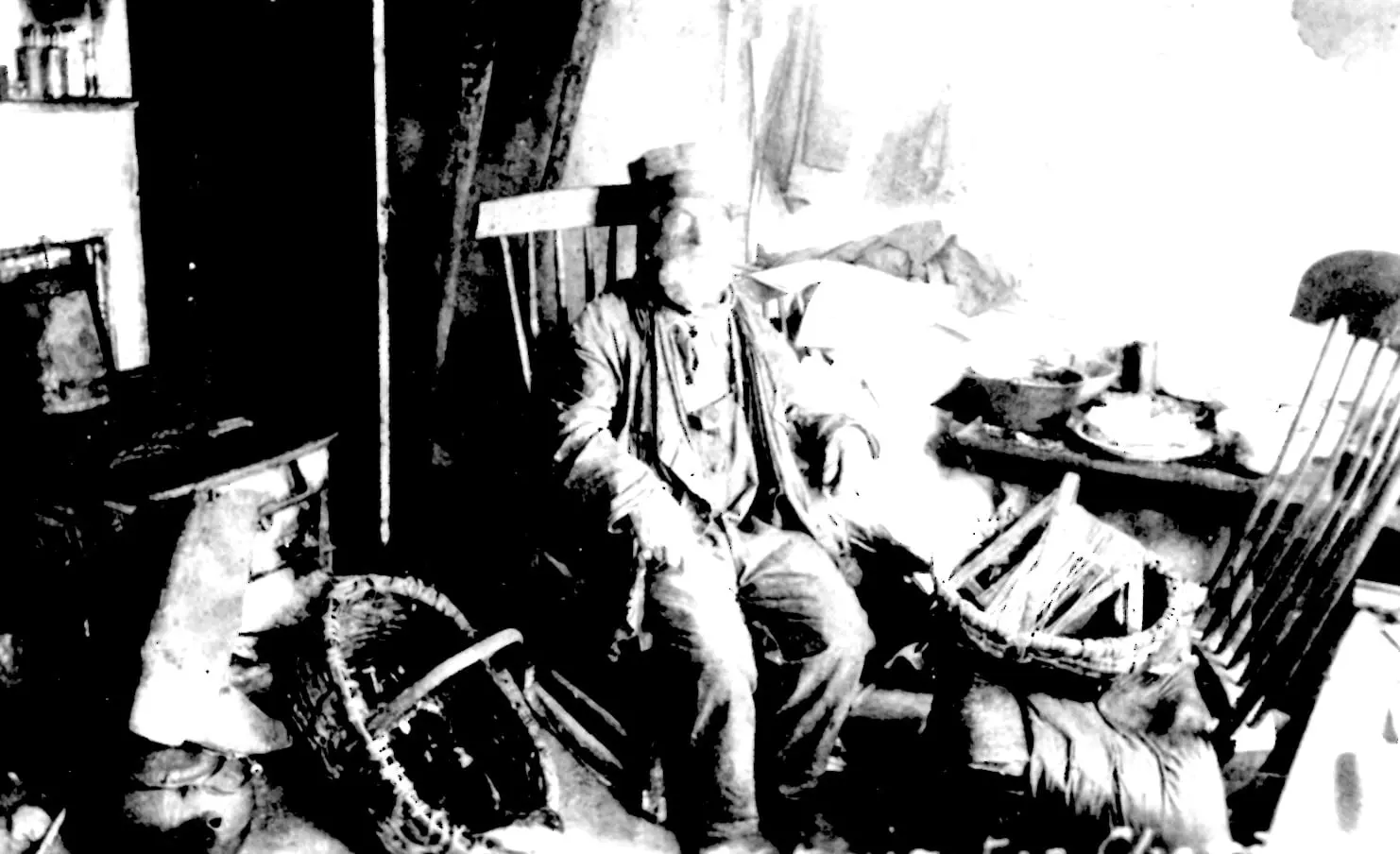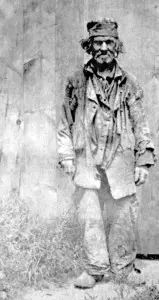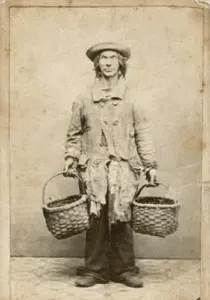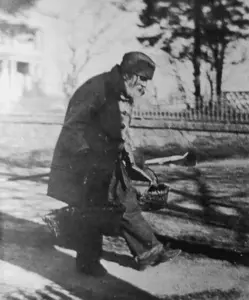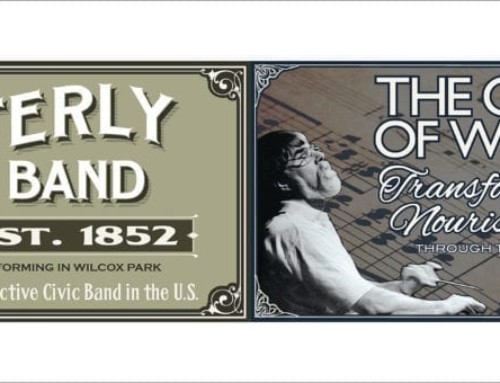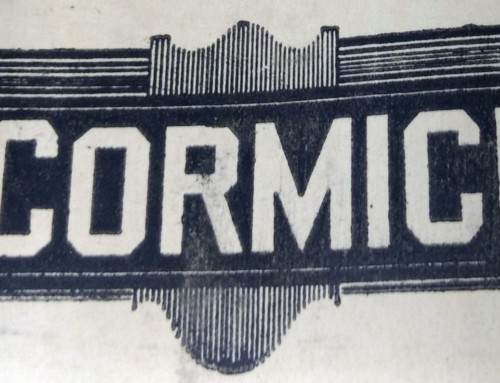When I was growing up it seemed every small town had its share of local characters. In my town, there was a man who would meet the trains and urge them on shouting, “go, go, go.” An old sea captain, who lived on a dilapidated boat in the river, would regal us with tales of his adventures. Stonington, Connecticut’s local character was Zebulon Hancox, known as Zeb.
Zeb was not only eccentric but was a miser, you could say that he carried on a tradition of wealthy people being stingy. J. Paul Getty was an extreme penny pincher as was Andrew Carnegie although, like the fictional Scrooge, he later changed his ways and gave away much of his fortune.
According to The Guinness Book of Records American finance, Hetty Green was the world’s greatest miser and even though she was incredibly rich she chose to live like a pauper. Her son Ned had to suffer a leg amputation because she delayed so long in looking for a free clinic and his case became incurable. A renowned cheapskate she wore a single black dress and only washed it when it was worn out. At least she bought her clothes, unlike Zeb who made his.
It wasn’t that Zeb couldn’t afford new clothes, like many of his famous fellow misers; he was actually a wealthy man. According to the dictionary, the word miser means: “a person who lives in wretched circumstances in order to save and hoard money. a stingy, avaricious person.” People in the borough speculated as to how Zeb became a miser and it turns out it was because of a woman.
Zeb was born into a well-respected Stonington family in 1809, the son of Deacon Zebulon Hancox and Catherine Sheffield. He excelled in school, especially in math, and after graduating taught school in Stonington and Block Island. In the summer he worked at a local store and later opened his own business on Main Street. Up until this point his life had been completely normal. He was a young, attractive, well-dressed bachelor but that was about to change.
According to an interview in the newspaper The World that he gave in 1897, when he was 88, a woman was the cause of it all. Elizabeth Williams was the woman. She was the daughter of a wealthy Stonington businessman and when Zeb fell in love with her and proposed he was scornfully rejected because he was too poor. Something snapped in Zeb and he was never the same afterward.
After he was rejected by the lady Zeb decided to save every penny he made until he was wealthy enough to satisfy her. Moving out of his rooming house he moved into an old shack that had been part of a ship that had washed up on the east side of the point. His furnishings came from the dump.
To make money he started fishing out of a small skiff. It turned out he was a good fisherman because he always returned with fish. He would go out in all kinds of weather, even in storms. What he didn’t eat he would sell.
Gradually, over the years, his money accumulated until he had enough to purchase a two-story house. Again, he paid nothing for the furniture; he made some crude pieces himself and got the rest from the dump. His clothes were rags but he wouldn’t buy any, he started making his own. He whittled buttons out of hickory wood and sewed them onto his coat.
In fair weather and foul in the 1890’s you could find Zeb, his long disheveled hair and dressed in his homemade dirty clothes, walking down the street in Stonington Borough. The clothes he made were ill-fitting and so soiled that the original colors had faded to a dull gray. Wherever he went he was followed by a crowd of kids, teasing and making fun of him, but he paid no attention to them.
His life was hard but with all the fresh air, exercise, and a diet of fish, potatoes, and pancakes he became extremely healthy. The only luxury that he afforded himself was coffee. In his interview, he stated, “I never drink rum and I never smoke or chew tobacco but I do think money spent for good coffee is well laid out.”
Zeb fished until he was 90 when he caught the flu and never recovered. He was still actively building houses and had a builder constructing one when he passed away. When he died in 1899, Zeb’s estate included $100,000 in cash and the 14 houses that he had built to rent out. Most of the houses were located on Hancox Street which was named after him. Looking at the real estate prices today I think Zeb would be happy to see that the houses he built now sell for over a half-million dollars.
Zeb’s funeral was held at the Congregational Church and drew a huge crowd. He was certainly the most eccentric member of the Stonington community. Postcards of him were still sold in gift shops in the Borough up until a few years ago. And what of the woman of his dreams, who broke his heart? She had married another and had passed away many years before.
